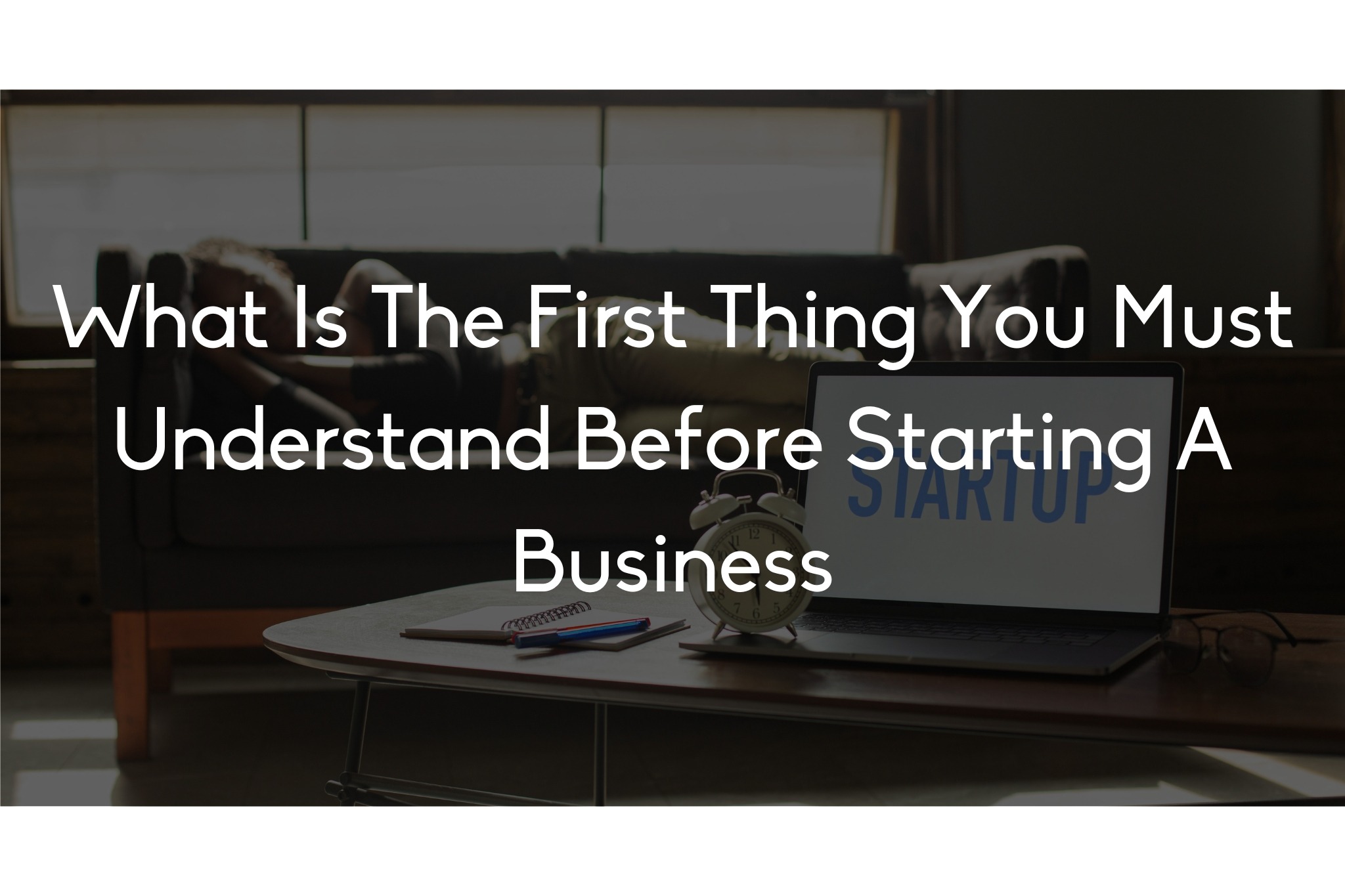An effective marketing strategy acts as a compass in the fast-paced world of business, directing an organization’s marketing initiatives towards its overarching goals. It’s more than just a catchphrase; it refers to a comprehensive strategy that guides brands toward their goals by navigating consumer preferences, technological developments, and market dynamics.
At its essence, an effective marketing strategy is a comprehensive plan that aligns a company’s marketing efforts with its overall business objectives. It’s not just about crafting compelling advertisements or dominating social media – it’s a holistic approach that involves understanding the target audience, analyzing competitors, leveraging strengths, and adapting to market trends. In simple terms, it’s the roadmap that guides a brand from where it is to where it wants to be.
Unpacking the Components of Effective Marketing
Now, let’s break down the key components that make a marketing strategy truly effective:
The heart of any successful marketing strategy beats in sync with the audience it intends to captivate. Before crafting witty taglines or designing eye-catching visuals, understanding the target demographic is paramount. Who are they? What are their preferences, pain points, and aspirations? A deep dive into consumer behavior, demographics, and psychographics lays the foundation for tailored marketing messages that resonate.
Creating Buyer Personas and Tailoring Messages
One of the cornerstones of understanding the audience is the creation of buyer personas. These are semi-fictional representations of your ideal customers based on research and data about your existing customers. By segmenting your audience into these personas, you can tailor your marketing messages to speak directly to the needs and motivations of each group.
Effective marketing strategies go beyond generic appeals; they speak the language of their audience. If your target demographic is tech-savvy millennials, your strategy might include a strong social media presence, influencer collaborations, and cutting-edge digital campaigns. On the other hand, if your product caters to a more mature audience, traditional advertising channels and a focus on reliability and trust might be more effective.
Understanding your audience isn’t a one-time task. Consumer behaviors evolve, and market trends shift. Regularly revisiting and updating your buyer personas ensures that your marketing strategy remains agile and responsive to changes in the market.
Effective marketing is not just about knowing your strengths; it’s about understanding the landscape in which you operate. This is where competitive analysis comes into play. What are your competitors doing right? Where are they falling short? Analyzing the strengths and weaknesses of competitors provides invaluable insights that can shape your strategy.
SWOT Analysis and Identifying Opportunities
A SWOT Analysis – Strengths, Weaknesses, Opportunities, Threats – is a powerful tool in the arsenal of marketers. It helps identify internal strengths and weaknesses, such as a unique selling proposition or a gap in resources. Simultaneously, it scans the external environment for opportunities and threats presented by competitors, market trends, or unforeseen challenges.
For instance, if a competitor is lacking in customer service, this could be an opportunity for your brand to shine by prioritizing and promoting exceptional customer support. Conversely, if there’s a trend in the market that your competitors are capitalizing on, you can strategize how to enter that space or differentiate yourself.
An effective marketing strategy not only reacts to the competition but anticipates their moves. By being proactive and staying ahead of the curve, your brand can position itself as a trendsetter rather than a follower.
Every business has unique strengths, whether it’s in the quality of the product, the efficiency of services, or the depth of customer relationships. An effective marketing strategy identifies and capitalizes on these strengths, creating a value proposition that sets the brand apart.
Crafting a Compelling Value Proposition
A value proposition is the promise of value to be delivered. It’s the answer to the customer’s question, “Why should I choose your product or service over others?” Crafting a compelling value proposition involves aligning your strengths with the needs of your target audience.
For example, if your company excels in eco-friendly practices, your value proposition could emphasize sustainability and environmental consciousness. If innovation is your forte, highlighting cutting-edge features or industry-disrupting solutions can become the focal point of your strategy.
The key is not just to list your strengths but to demonstrate how these strengths directly benefit your customers. An effective value proposition resonates with your audience, making them not just consumers but advocates for your brand.
In the dynamic world of business, change is the only constant. An effective marketing strategy isn’t rigid; it’s fluid, adapting to emerging trends and technological shifts.
Agility and Innovation as Pillars of Success
Staying ahead in the game requires a keen eye on market trends and a commitment to innovation. Technology, consumer preferences, and even global events can shape the landscape of your industry. A strategy that thrives in one era may become obsolete in another.
Agility is the ability to pivot and adjust your strategy in response to changing circumstances. This could mean embracing new digital platforms, incorporating the latest marketing automation tools, or revamping your messaging to align with societal shifts.
Innovation, on the other hand, involves actively seeking new and creative ways to reach your audience. It might involve launching a podcast, experimenting with augmented reality experiences, or pioneering sustainable practices in your industry.
An effective marketing strategy is a dynamic entity that evolves with the times. It’s not just about following trends; it’s about being a trendsetter—anticipating the next wave and riding it to success.
In the intricate dance of marketing, an effective strategy is the choreographer, orchestrating moves that resonate with the audience, outmaneuver competitors, and adapt to the rhythm of changing times. It’s a journey that begins with understanding your audience, involves a strategic analysis of the competitive landscape, leverages your unique strengths, and remains nimble in the face of evolving trends.
Crafting an effective marketing strategy is not a one-size-fits-all endeavor. It requires a deep understanding of your business, your industry, and the ever-shifting preferences of your audience. As you embark on this journey, remember that the destination is not just increased sales or brand visibility; it’s the creation of a lasting connection between your brand and your customers. In the realm of effective marketing, it’s not just about selling a product; it’s about telling a compelling story that resonates with the hearts and minds of your audience.


